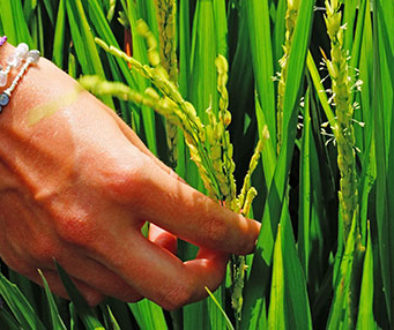The Different Gluten Allergy Symptoms
Gluten is a combination of protein substances-glutenin and gliadin. Oat, wheat, barley, and rye are just some of the food items with gluten-rich content. Gluten allergy symptoms may be manifested by some individuals since these protein substances can damage their small intestines. The symptoms may be mild, but there some individuals may manifest a more severe complication of gastrointestinal symptoms. Genetics and environmental factors have a great influence on the onset of gluten allergy to the life n individual.
Also, gluten allergy symptoms depend on the individual affected. There are as well that the individuals are asymptomatic. Gluten allergy symptoms may as well vary on the individual’s body response since some of us would suffer the symptoms right after we eat gluten food sources, while some of us can tolerate it, and the symptoms appear after several hours. Listed here are some of the common gluten allergy symptoms.
•Skin hives, dermatitis, inflamed buccal mucosa, eczema, breathing difficulties, asthma are common manifestations if the person is hypersensitivity to gluten.
•Fatigue is an indication that the absorption capability of the small intestine has been damaged because of gluten intolerance. This condition could eventually results to chronic fatigue syndrome.
Most of the gluten allergy symptoms are manifested in the gastrointestinal tract of an individual. Some of the common manifestations, if the person eats foods items with gluten substances, are ingestion, bloating, nausea, constipation, flatulence, abdominal pain, and diarrhea. Sometimes weight loss can also be manifested.
•Among the complications that an individual could have from gluten allergy are osteoporosis, Crohn’s disease, diverticulitis, anemia, and cancer.
•Other gluten allergy symptoms that could be manifested by an gluten sensitive person would include headaches, mouth ulcers, depression, irritability, muscle cramps and tingling sensation in lower extremities.
•If gluten allergy symptoms are present in children, they may experience several changes in their mood and behavior, they can be malnourished, and they are most likely to have stunted growth and development. Foul smelling stool and poor appetites are some also common signs gluten allergy in children.
With the different gluten allergy symptoms mentioned above, it is important to present ourselves for gluten intolerance test, and prohibit himself or herself from consuming foods with gluten. This is to prevent the occurrence of the symptoms that can even lead to further medical complications.

